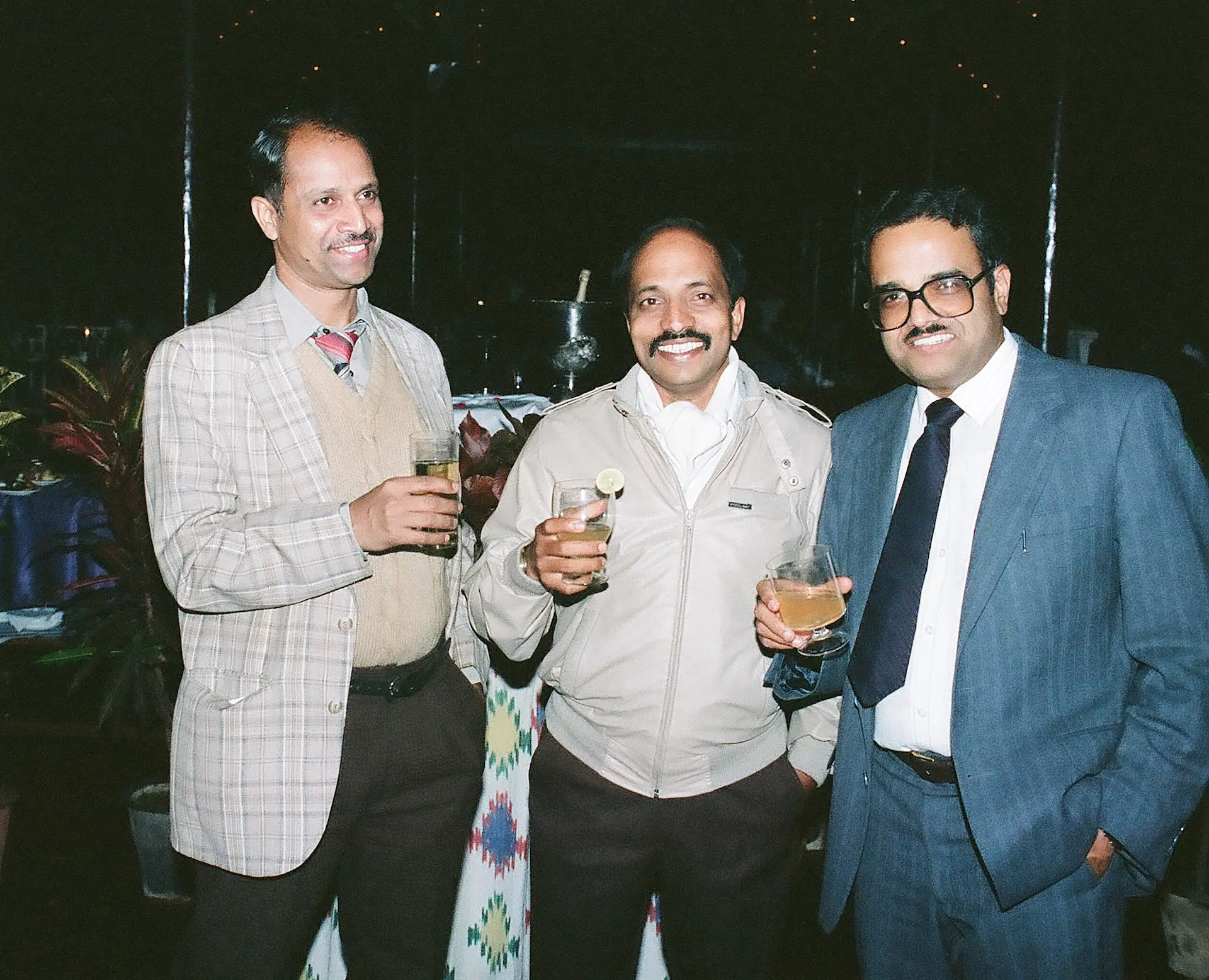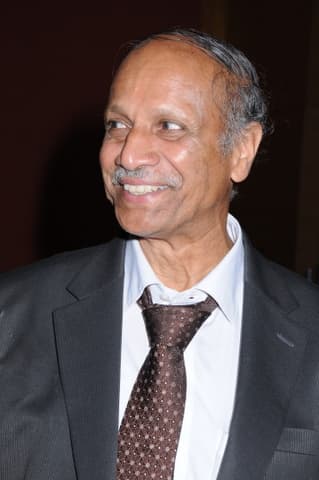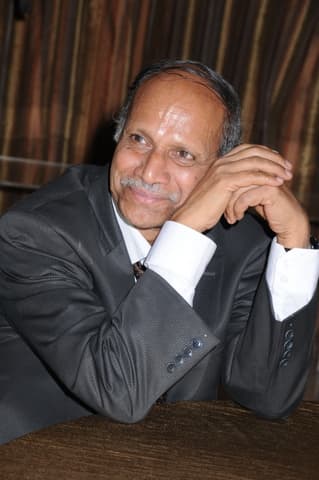
Dedicated to the life, wisdom, and legacy of
Dr. Padiki Nagaraja Rao
1944 – 2025
It is with deep sorrow that we share the passing of the esteemed Dr. Padiki Nagaraja Rao.
/ About
Although Dr. Rao is no longer with us in physical form, he firmly believed that while the body is mortal, the Ātman (true self) is eternal. You can read a full tribute to his extraordinary life here.
The website will continue to be curated and maintained by Dr. Rao’s family—his beloved wife, devoted sons, daughters-in-law, and cherished grandchildren.
We will periodically feature passages from his many published works and are committed to making more of his writings freely accessible online. Visitors are also welcome to purchase physical copies of his books if they wish.
Dr. Rao was both a practicing physician and a profound thinker. Even though his teachings are deeply rooted in Hindu philosophy, they transcended religious boundaries. He encouraged each individual to discover their spiritual path independently. As he often said, “I don’t belong to anyone, and I don’t want anyone to claim me.” His greatest wish was not for agreement, but for readers to awaken their curiosity and embark on a journey of self-discovery and purpose.
He consistently warned against dogma, herd mentality, and the culture of offense, emphasizing the value of introspection and personal growth.
We close this section with two of his most memorable quotes:
“You can awaken someone who is truly asleep, no matter how deep the slumber. But you can never awaken someone who only pretends to sleep.”
“Those who are quick to take offense reveal more about their own insecurities than about the person they accuse. Likewise, those who hurl insults expose more about themselves than about their target.”
Born in Bellary, India, Dr. Rao practised medicine for fifty years in the United States, the United Kingdom, and India.
/ Academic Life
For the past eight years, he called the DC area his home and spent most of his time with his wife and his son’s family.
He was a retired board-certified Physician who held several degrees and certifications, including MD, MBBS, FACA, FICA, DAC, FAA, PMR, and D-PM.
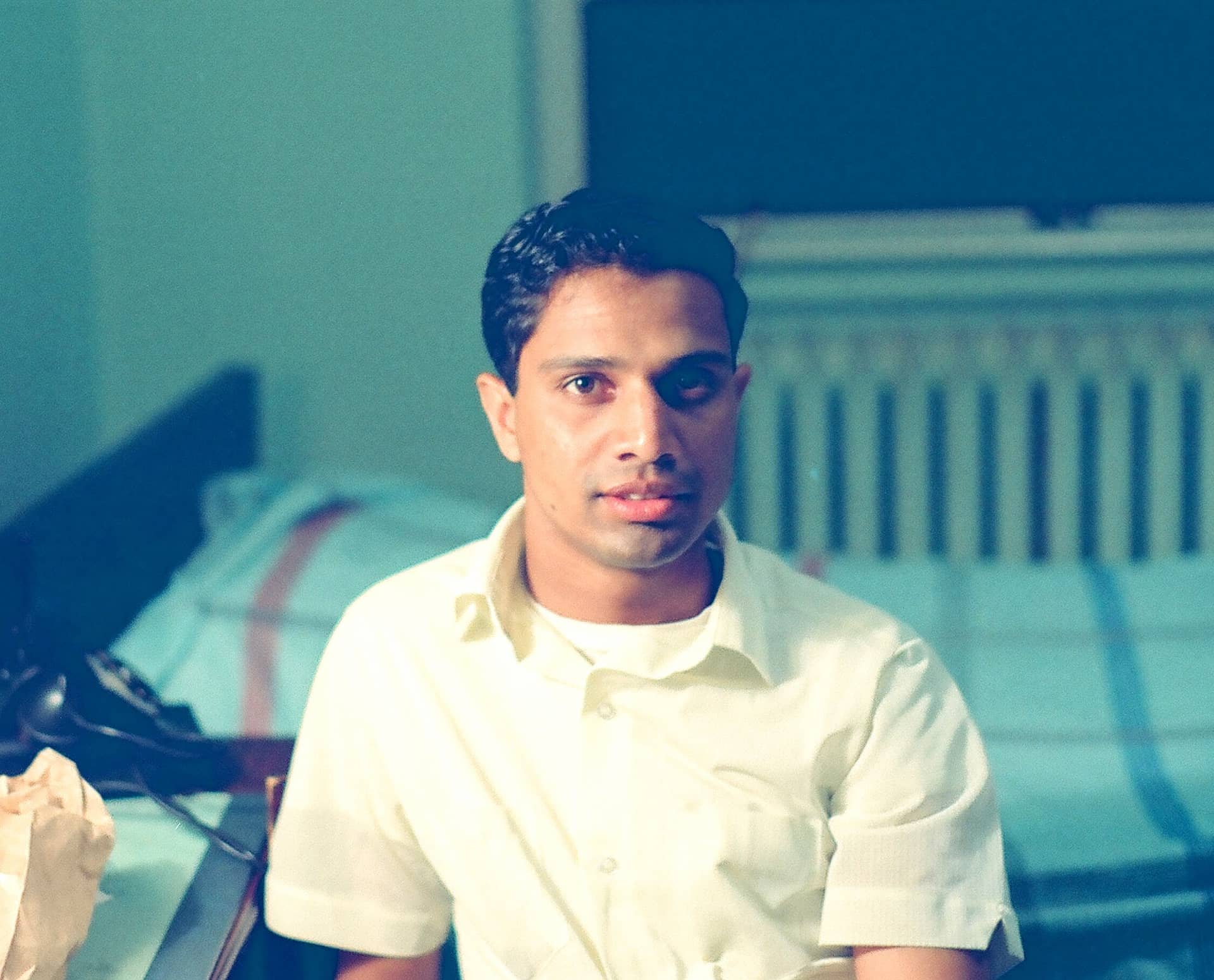
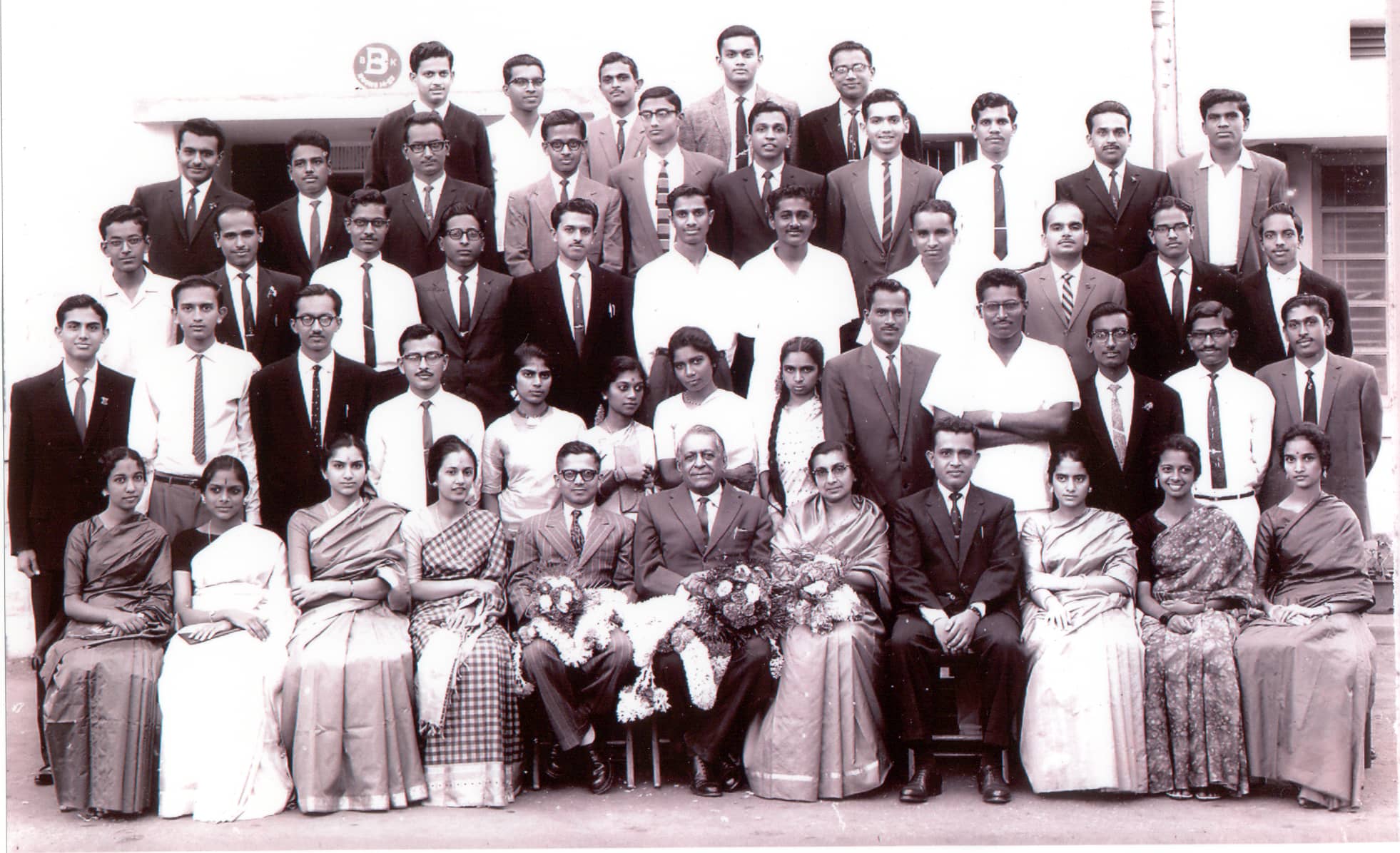
Dr. Rao was also a devoted Brahmin, dedicating his life to helping others through medicine, instruction in Vedanta philosophy, and the practice of yoga. His experience in philosophy included serving as President of Sri Shankara Krupa, a Vedantic society in Bengaluru, and giving lectures at the society.
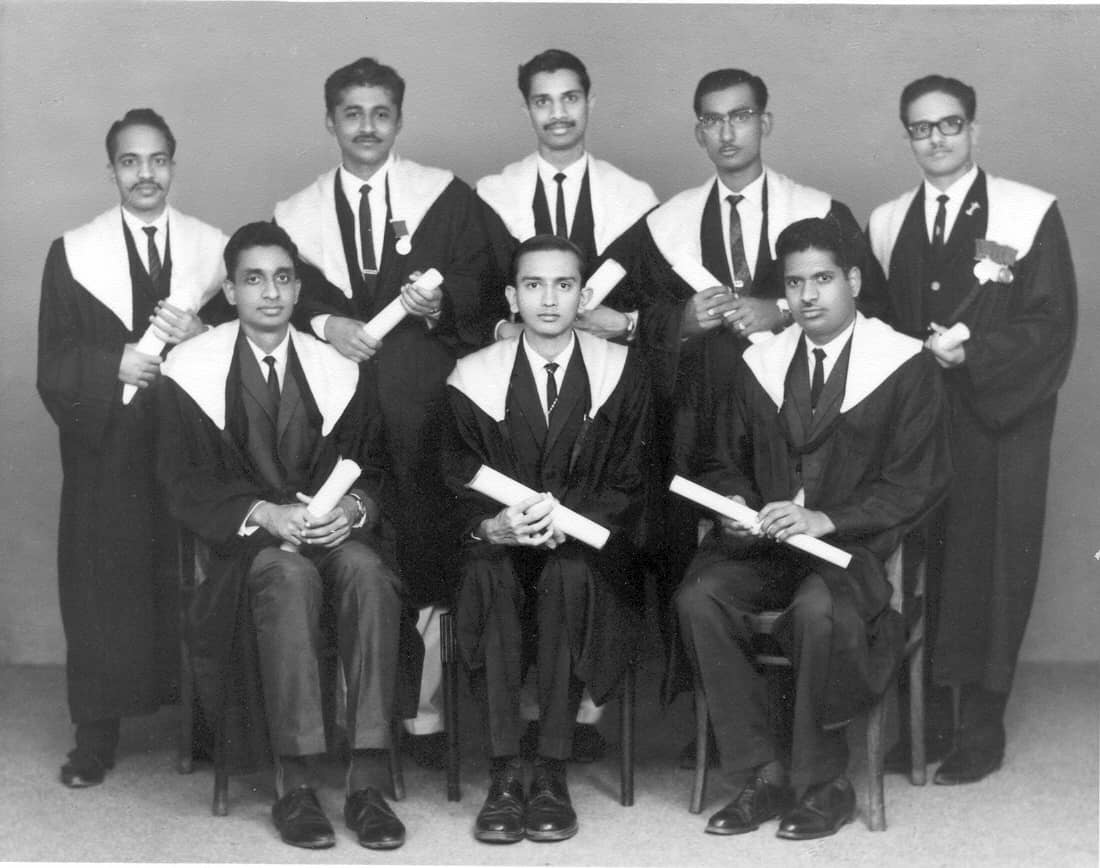
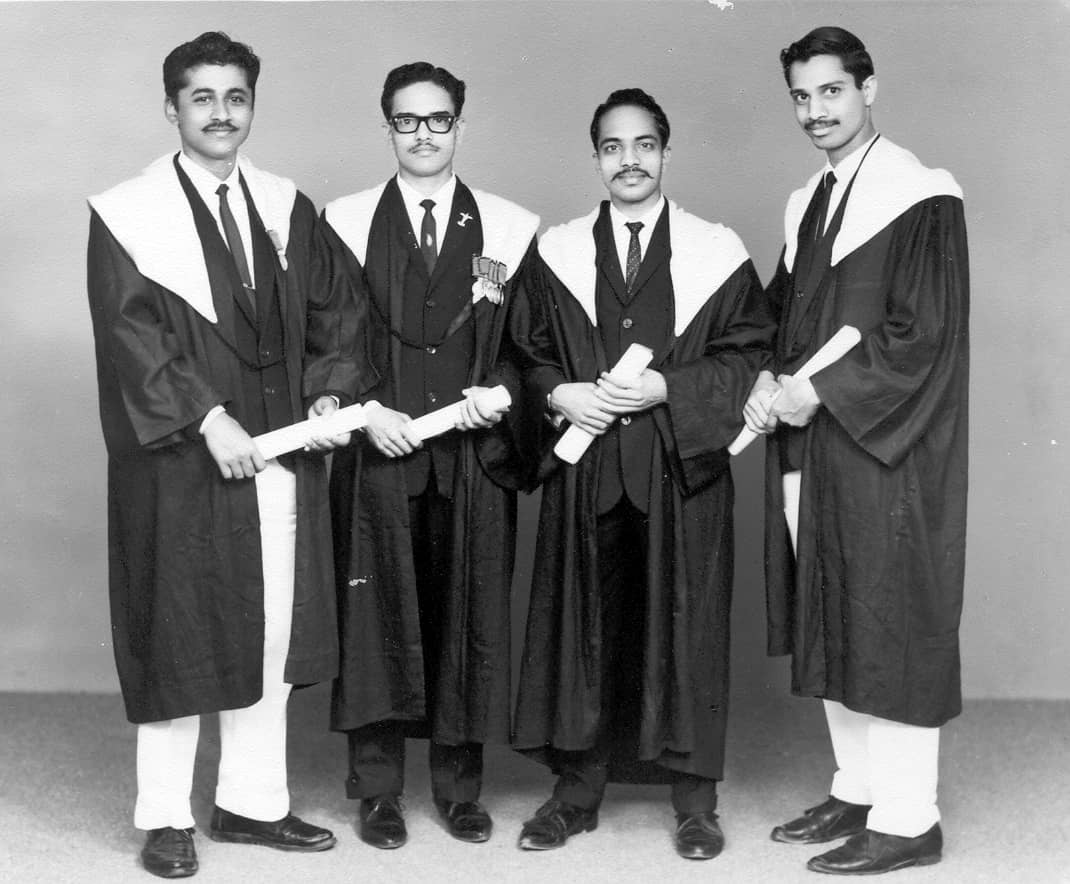
His many years in Brooklyn, New York were spent as:
| The Director of Rehabilitation and Physical Therapy at Unity Hospital |
| The Director of the Artificial Limb and Brace Center at Kingsbrook Jewish Medical Center |
| The Clinical Instructor in P.M.R. (Physical Medicine and Rehabilitation) at Cumberland Hospital, |
| Director of P.M.R. at Green Point Hospital, Chief Physician in Charge at Interfaith Hospital |
| Director of P.M.R. at Woodhull Hospital |
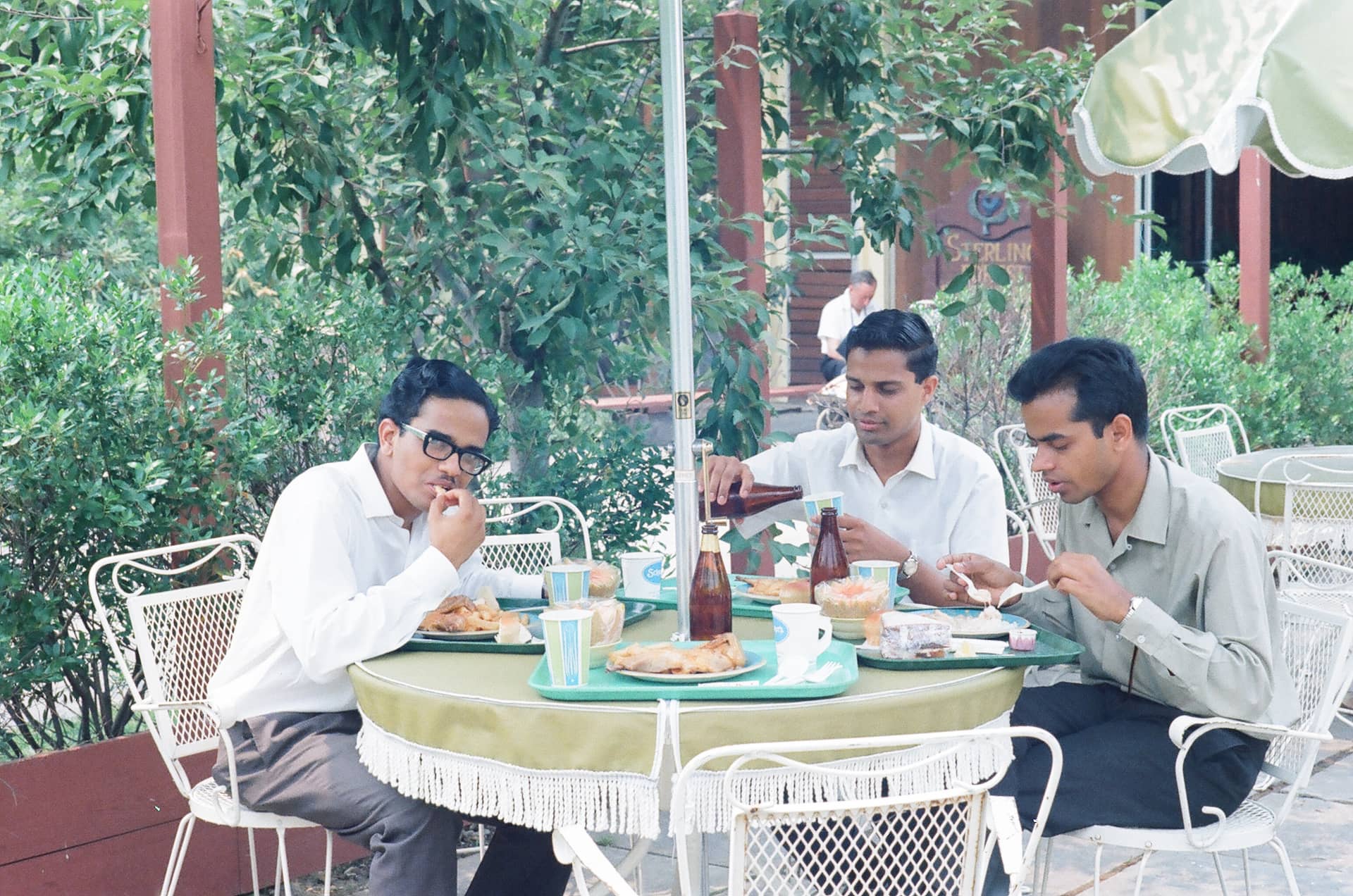
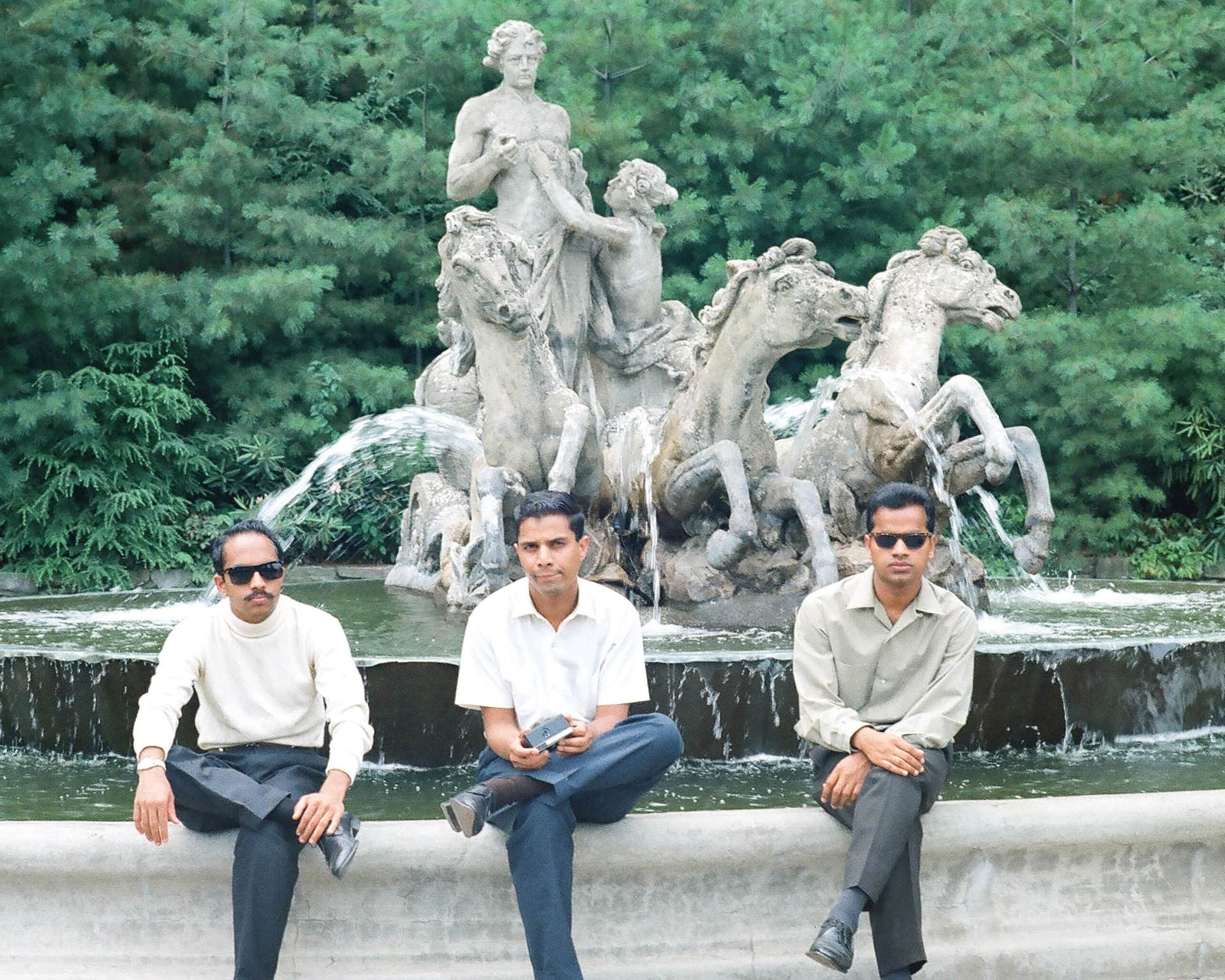
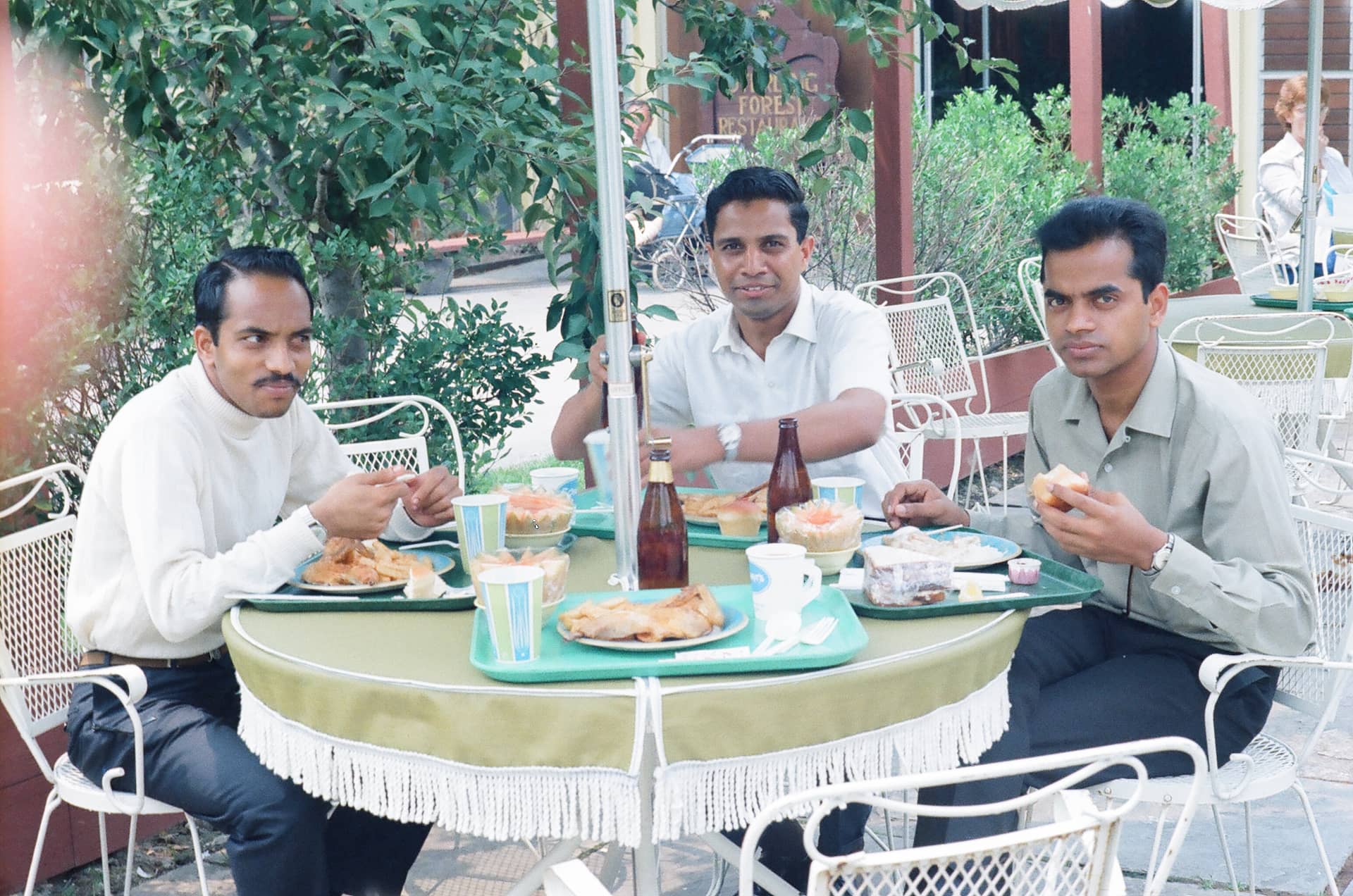

Eventually, he returned to India at the special invitation of the Indian Government to run the Sanjay Gandhi Hospital’s Accident and Rehabilitation Center in Bangalore. He continued teaching and working as a professor of P.M.R. while presiding as the head of the department. He is a fellow of the American College of Angiology and the International College of Angiology, and is American Board Certified in physical medicine and rehabilitation.
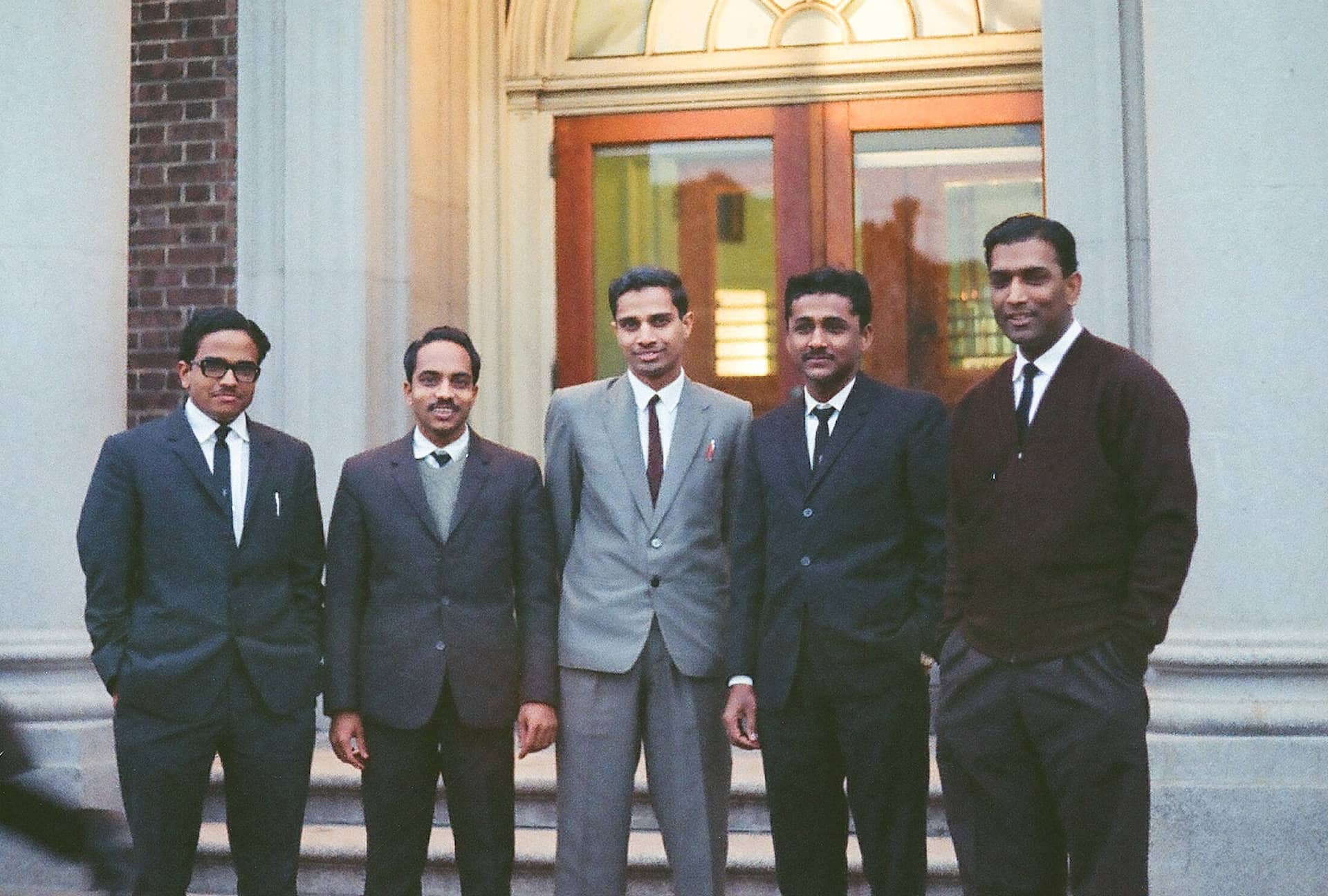
Dr. Rao was also a prolific author, having written extensively on Medical and Philosophical topics.
/ Work
Some of his published books include:
(Note: “Philosophy@24” cannot be purchased at the moment. We are working with publisher to rectify the issue.)
(Note for US visitors: “Science and Philosophy” is the easiest book to order since the other books are by Indian publishers who are used to shipping to Indian addresses.)
| Upanishad Bhagavad Gita Tiralu | 2006 |
| Vedantada Belakinalli Patanjali Yoga Sutras ↗ | 2007 |
| Vedantha Padyagalu | 2008 |
| Knowing the Unknown ↗ | 2009 |
| Medicine for Yoga Therapists ↗ | 2011 |
| Philosophy@24 ↗ | 2012 |
| Science and Philosophy for Adults and Children ↗ | 2019 |
Some of his published articles:
-
↗✕
Depth perception and the Human brain
Participant: The Author himself. In the past, we had people who injected themselves with blood from Syphilis patients and studied the effects of syphilis in people. There were doctors like Parkinson who studied themselves to educate others. I have conducted a study on myself to explore brain functions in old age and methods to overcome them.
About the author: I am a Medical graduate from Bangalore Medical College, India, in 1965. I have worked in New York, U.S.A., and obtained the American Specialty Board certificate. Then, I worked at a famous accident care hospital in India and taught medical students at Yoga University, including those with movement disorders. I had to resign from my job at yoga university as I was developing slurred Speech. Fast and illegible handwriting and falling (losing balance) repeatedly, I was doing everything very fast, and meanwhile, I developed swallowing problems.
Few experts in movement disorders saw me and diagnosed me with Parkinsonism, even though I did not have any resting tremors, rigidity, and the DAT scan was also normal. I wasn’t officially diagnosed with Parkinson’s disease by the doctors, but rather as Parkinsonism. One of them jokingly told me it must be a Rao syndrome; maybe he is right, but the examination was conducted by some of the experts in movement disorders, physicians, and otolaryngologists, and no definitive signs of Parkinson’s were found.
Things we learn in medical college: The Parietal lobe of the brain is concerned with “spatial awareness”. The human brain calculates several things in a fraction of a second and decides upon a response, such as directing our finger to a particular part of the body that is itching and needs to be scratched. The brain will choose and make a decision on several factors: It knows the fingernail length, the length of the arm to be stretched, and to which degree each joint in the limb has to move muscle strength to be used, number of motor units to be recruited and a whole lot of other things.
The cerebellum and the extrapyramidal system are also involved in assessing muscle tone and strength. Depth of perception is not given much importance. It is the depth of perception that is lost first in old age. The person will experience difficulty in assessing the distance between himself and the tap in a bathtub and the bed in the bedroom, particularly the obstacles in his path, which will make him fall. We do not know which part of the brain is responsible for this depth perception, nor whether the cerebellum or the substantia nigra is involved in old age. However, it is true that it is common to hear of falls due to a lack of balance in older people. However, it has become a common practice among various specialists to ask patients if they fell while walking, without offering any curative treatment. When we discuss depth perception, we are not merely thinking about vision (through reasonable eyesight, which is required). We are referring to the centers in the brain and their ability to make decisions in a fraction of a second.
Management: During physical therapy, the therapist should understand the reasons for frequent falls in older individuals.
The therapist must insist on:
- Raising of legs while walking (military walking is good) to avoid obstacles.
- The patient should be told about depth perception. They should stand close to the object they are about to catch to avoid falling. If the object is not reachable, do not bother with it again and again.
- The patient should be advised not to bend too much, as this can often lead to falling.
- The patient should also be advised not to walk on slippery surfaces and to exercise caution when using a bathtub for bathing.
- Not to be overconfident at any time.
- Not to be shy to ask for help.
- Additional treatments, if necessary, for swallowing and slurred Speech, and occupational therapy, if needed, should be considered to seek help from medical professionals.
- Regular exercise and getting up from a chair should be encouraged. When getting up from a chair, the feet should be positioned to match the distance between the shoulders.
This is Dr. Rao recording snippets of knowledge from a book he wanted to write about the Bhagavad Gita. By this time his Parkinson’s had progressed and he could no longer type. He could still speak, but his speech was in decline as well.
This video playlist depicts AI-generated videos from Dr. Padiki Nagaraja Rao’s narration of snippets from his books.
Everyone who met Dr. Rao was better off for the experience, no matter how brief the encounter was. He had a warm smile and a ready hand to help anyone in need.
/ Friends & Family
He always made it a point to give to anyone who asked, and he never held a grudge against anyone.
One of the first things he did when he began working in the USA was to send money back home to help his parents and siblings. As his career reached great heights in the 1960s and 1970s, he remained humble, describing himself as a perpetual student. His impact on the community was profound, from his pioneering work in physical medicine and rehabilitation to his advocacy for research into Parkinson’s disease.
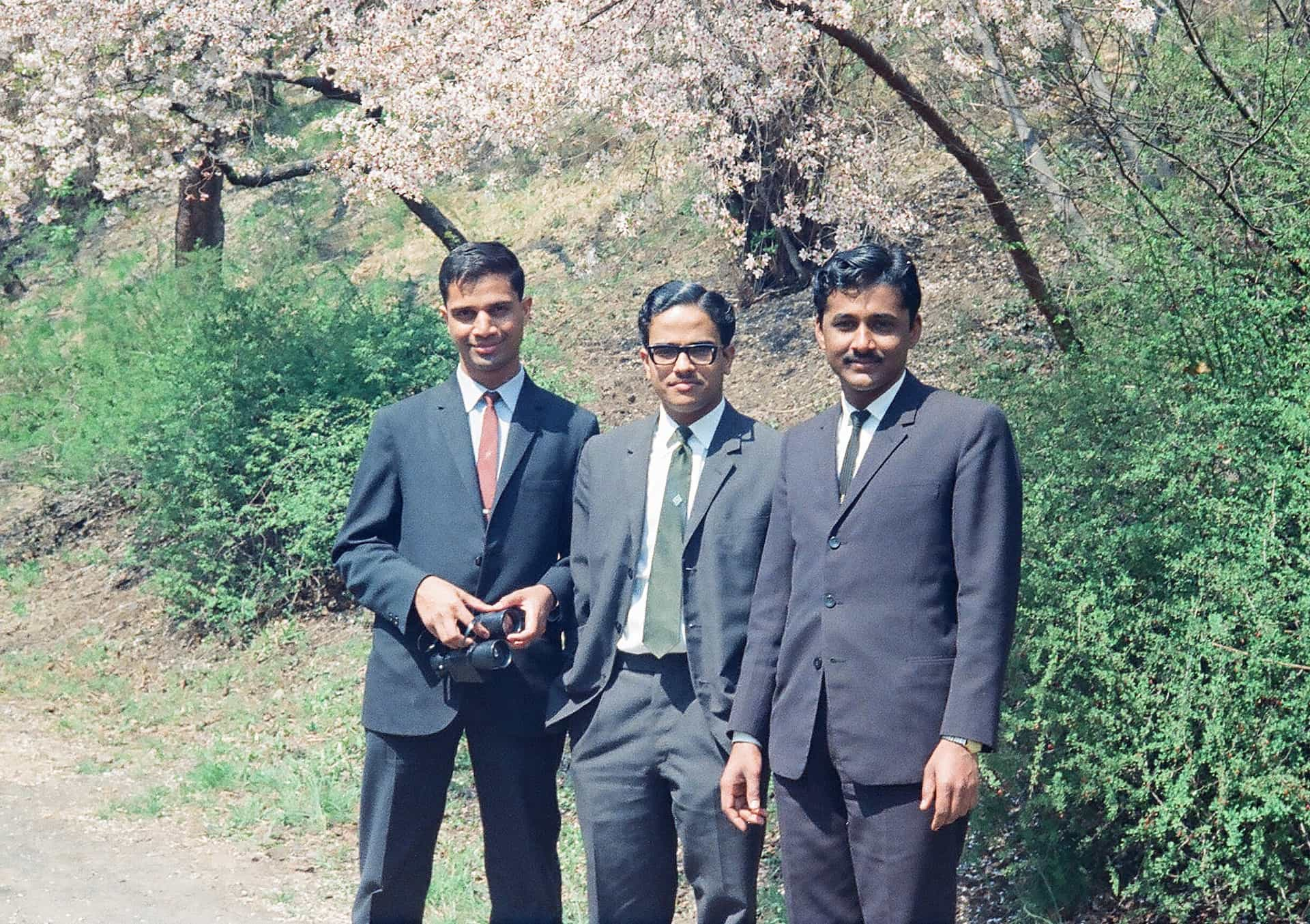
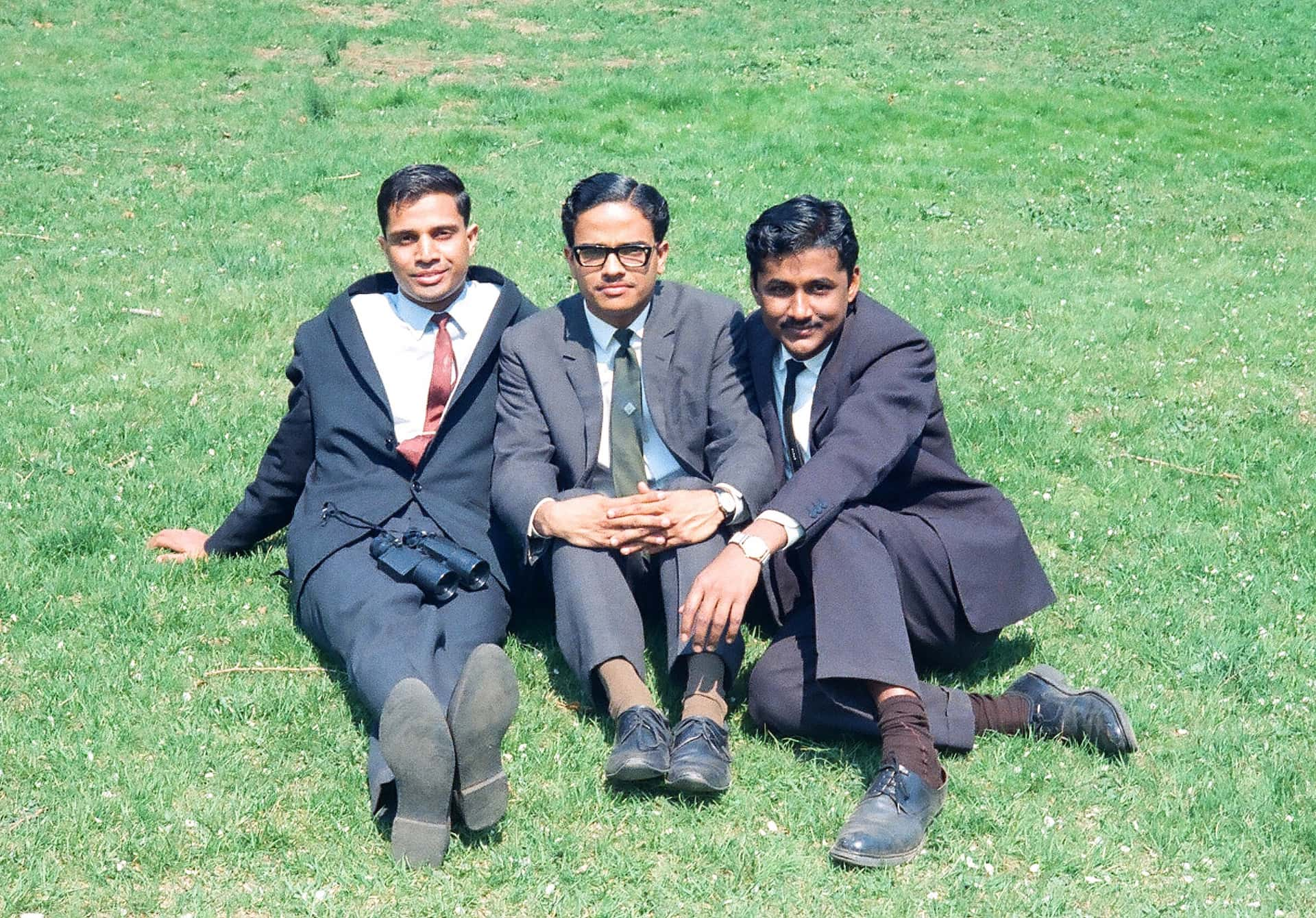
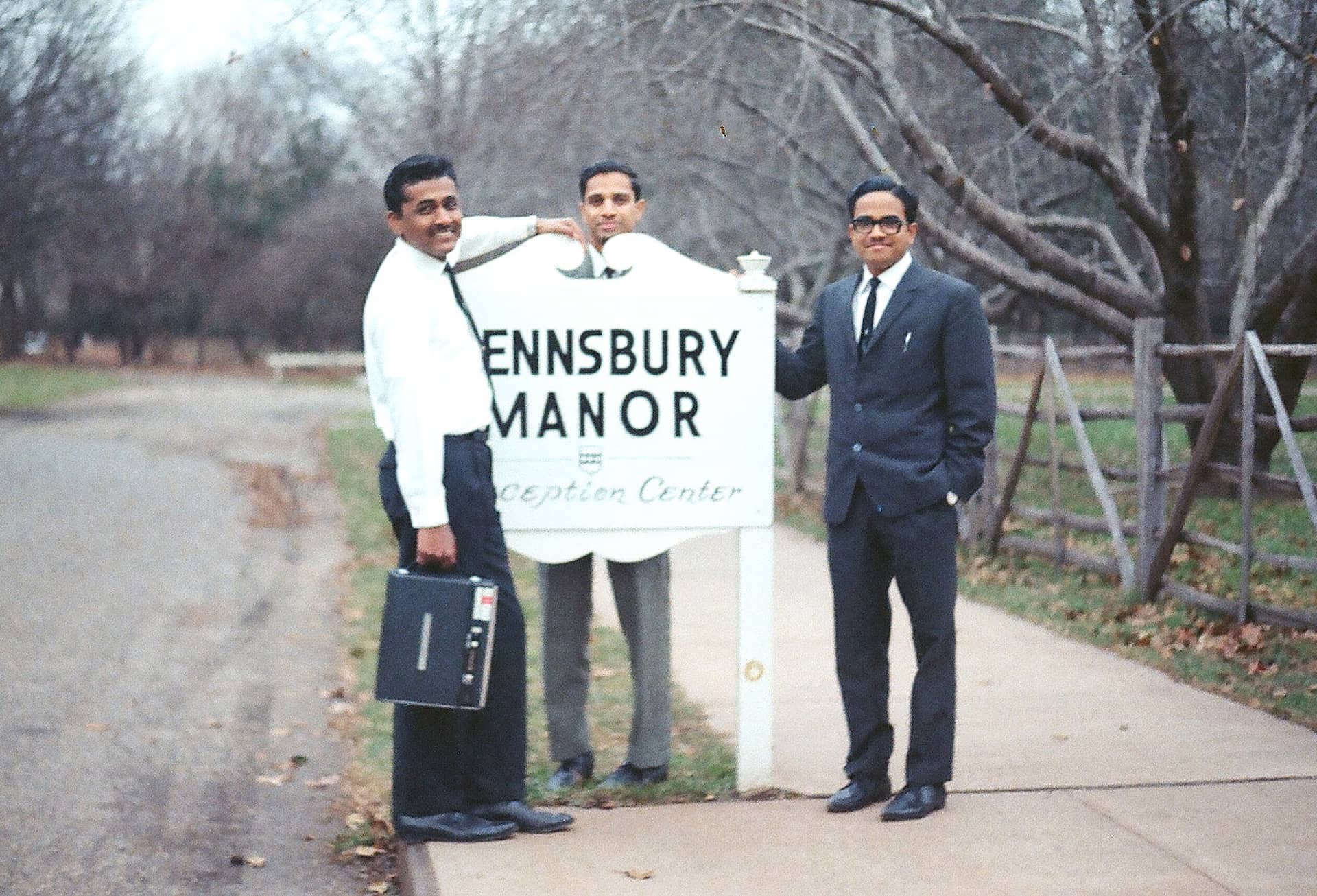
Among his family and close colleagues, he had a reputation for being brilliantly witty; you could often find him chuckling over a new observation with his family.
However, his insightful humor was always laced with kindness. He delighted in joke books and testing his knowledge of the quotidian with game show trivia. His personal qualities of empathy and humor not only endeared him to those around him but also influenced his professional life, making him a compassionate and understanding physician.
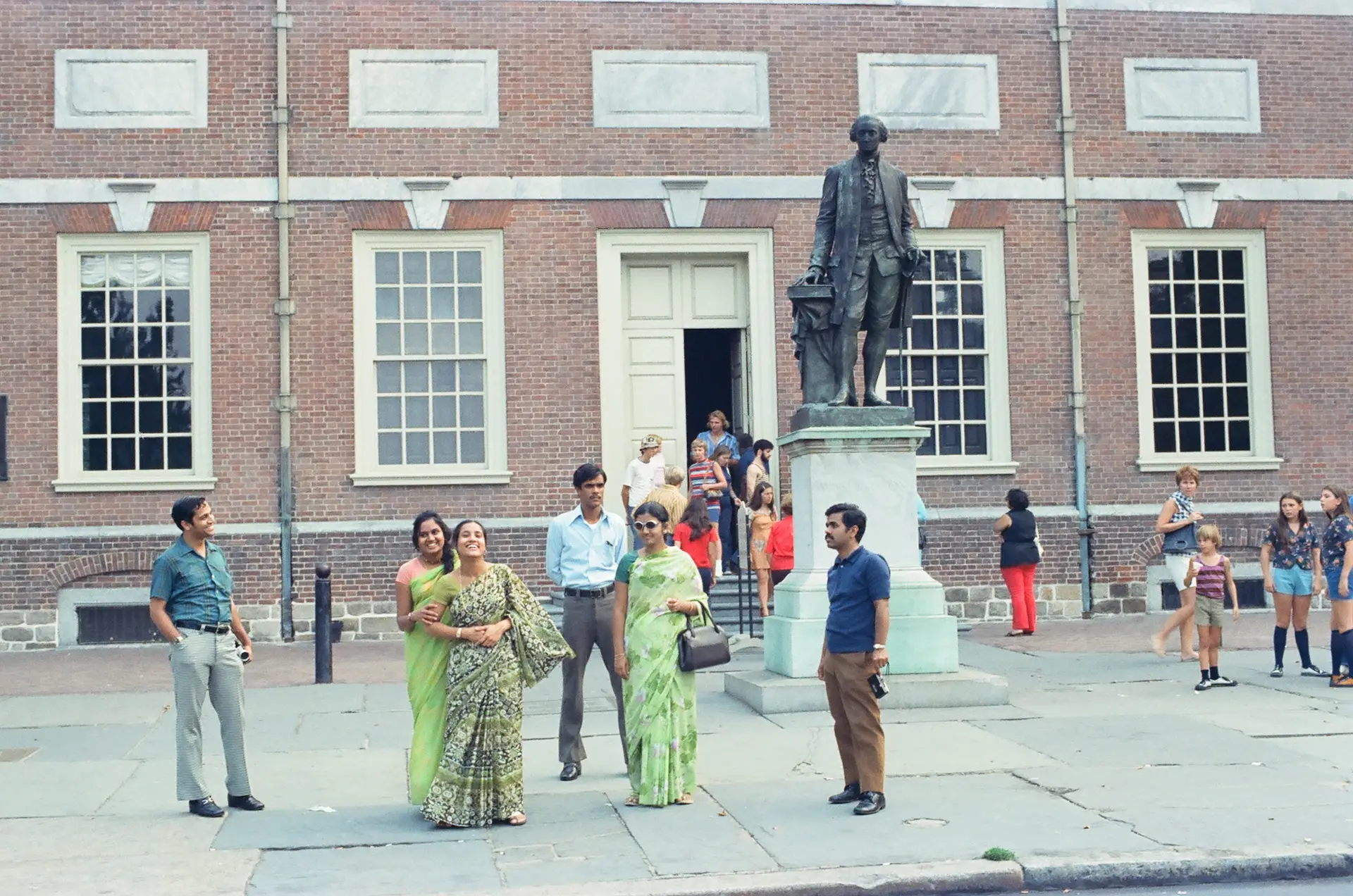
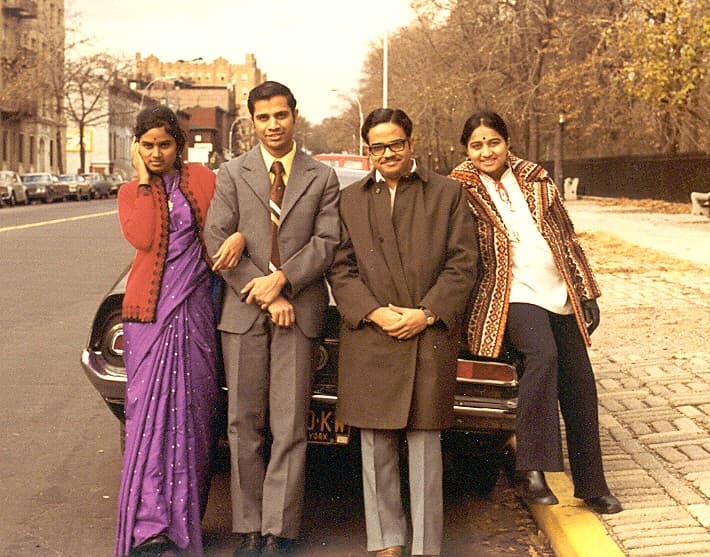
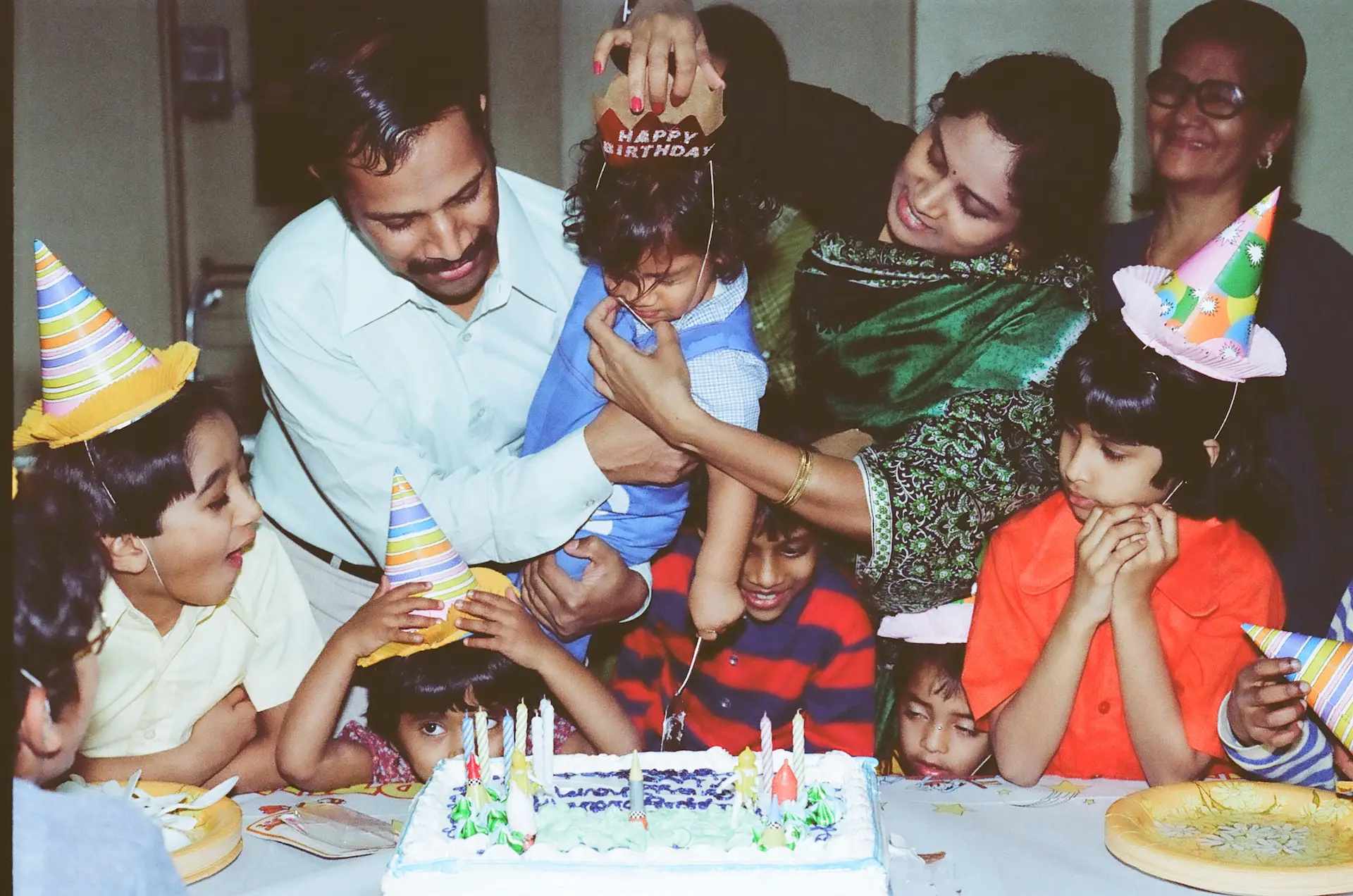
Ever the student, his insatiable mind continued to absorb and discover ways to communicate, despite the advanced Parkinson’s that troubled his final years.
/ Dr. Rao’s Legacy
He was an explorer until the end, and a pioneer of new ways to treat Parkinson’s disease, as he endured it. He pioneered new approaches to thinking about the disease and advocated for innovative methods to manage symptoms without invasive techniques.
Dr. Padiki Nagaraja Rao passed away surrounded by his loved ones on Tuesday, May 27, 2025. He was eighty years old, just a month shy of his 81st birthday.
